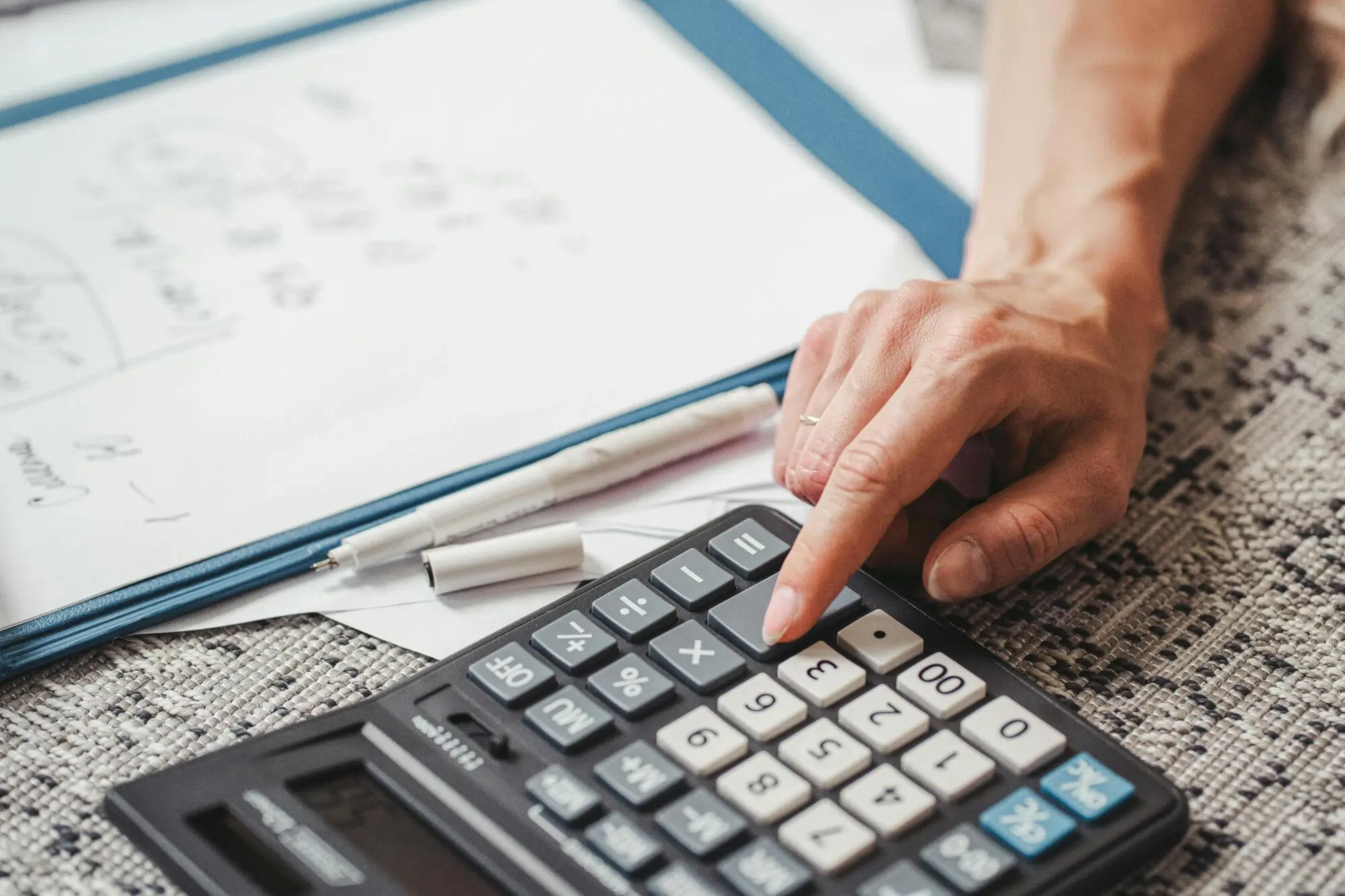Managing rental property accounting can feel like an endless juggling act. Between tracking rental income, keeping up with property expenses, and ensuring everything lines up for tax season, it's no wonder many Richmond landlords find themselves overwhelmed.
Missed receipts, inaccurate records, or even simple oversight can cost you money, and let's be honest; that's the last thing any landlord needs. The reality is, getting your financials in order is the key to maintaining profitability and long-term success. Keep reading, and we'll walk you through some landlord financial tips that will change how you manage your rental properties for the better.
Separate Personal and Business Finances
One of the most important steps in rental property accounting is separating your personal finances from your business accounts. When you keep your rental income and expenses in a dedicated business account, it's easier to track everything. You'll know exactly what's coming in and what's going out for the property, which makes tax season a lot simpler.
For example, landlords who maintain separate bank accounts can easily access transaction histories for bookkeeping and ensure no personal transactions get mixed in with business ones. This is an essential part of bookkeeping for landlords and helps prevent confusion or costly mistakes.
Use Property Management Software
Property management software is one of the most efficient real estate accounting tools you can use. These programs help landlords:
- Automate rent collection
- Generate detailed financial reports
- Track property expenses all in one place
PMI Presidential, for example, uses advanced technology to streamline operations and give landlords 24/7 access to financial data. Having automated systems in place can save time and prevent errors.
Keep Detailed Expense Records
Accurate property expense management is key to running a profitable rental property. Landlords should keep track of every single expense related to the property, including:
- Repairs
- Utilities
- Taxes
This will not only help during tax filing when you need to claim deductions, but it also gives you a clear picture of how much you're spending. By keeping thorough records, you can monitor these expenses closely and ensure they don't spiral out of control.
Create a System for Receipts and Invoices
Having an organized system for receipts and invoices can be a huge time-saver. For rental income tracking and expense documentation, store both physical and digital copies in one place.
Many landlords find that using cloud storage solutions like Google Drive makes it easier to access these documents whenever needed.
Regularly Reconcile Accounts
One of the most important tips is to reconcile your accounts every month. This simple habit helps catch any mistakes or discrepancies early before they snowball into bigger issues. By regularly reviewing your financials, you'll ensure that both your income and expenses are accurate.
Get Your Rental Property Accounting Under Control
Mastering rental property accounting isn't just about staying organized; it's about maximizing your investment and protecting your financial future. By tracking rental income, managing property expenses, and using the right real estate accounting tools, you can ensure your rental business thrives.
At PMI Presidential, we offer professional property management services that take the headache out of bookkeeping for landlords. With our expertise and state-of-the-art technology, we make it easy to stay on top of your property's financial health. Contact PMI Presidential today and see how we can simplify your property management experience.


